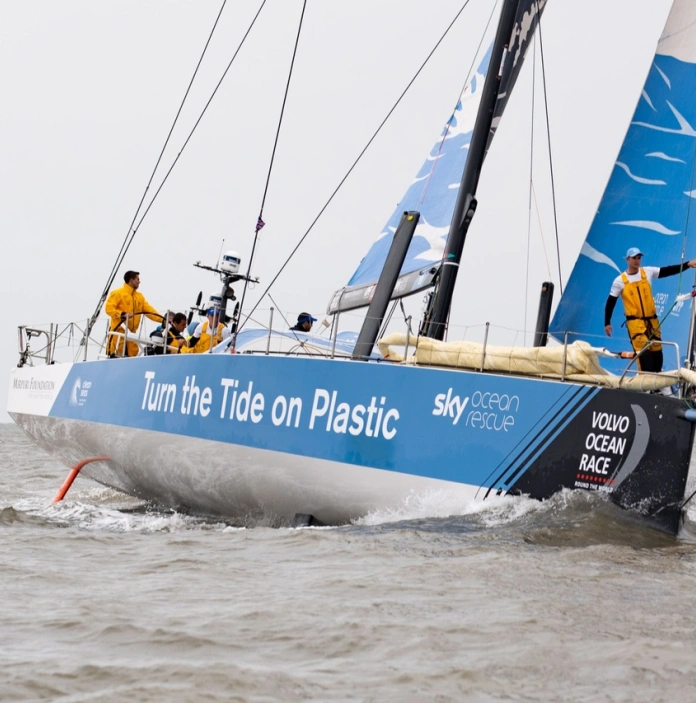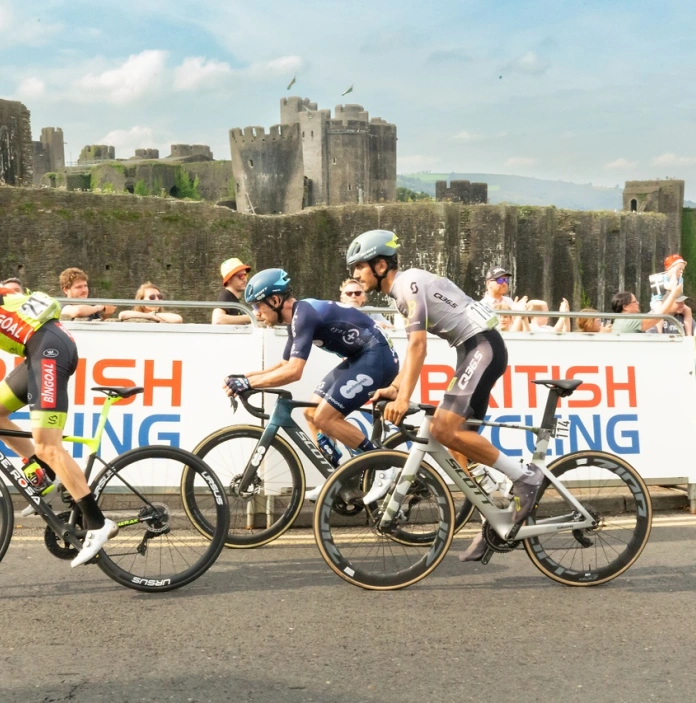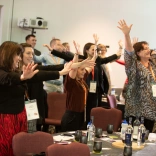The Welsh Government does not accept any responsibility for any content supplied by third parties. Where our website contains third party content and/or links to other sites and resources provided by third parties, these are provided for your information only. The inclusion of third party content or links to the same should not be interpreted as endorsement or approval by us of that content or information you may obtain from those links
Equality
Tackling poverty and inequality is central to the Welsh Government's Programme for Government. All events in receipt of funding from Event Wales/Welsh Government are required to have in place and apply equality policies covering employment, use of volunteers and provision of services, in accordance with the Equality Act 2010. Guidance on protected characteristics can be accessed from the Equality and Human Rights Commission Homepage | EHRC (equalityhumanrights.com)
The United Nations Convention on the Rights of the Child is part of Welsh Law through the Rights of Children and Young Persons (Wales) Measure 2011. A full list of the protected rights (known as Articles), and further information, is available via the following link The United Nations Convention on the rights of the child (gov.wales)

Welsh Language
The Welsh Language (Wales) Measure 2011 gives the Welsh language official status in Wales, and establishes the principle that the Welsh language should be treated no less favourably than the English language.
The Welsh Government is committed to supporting the Welsh language and culture and the Cymraeg 2050: A million Welsh speakers Welsh language strategy (Cymraeg 2050) provides a vision for the growth and further development of the Welsh language. An important focus of the strategy is ensuring that there are opportunities for people, especially young people and new speakers, to use the Welsh language socially.
You are encouraged to take a creative and inclusive approach to use of the Welsh language. This includes actively promoting and facilitating the Welsh language at your event, and ensuring that there are opportunities for visitors to use the Welsh language at the event.
For general advice on providing services bilingually and for information on which organisations are able to support you, please contact the Welsh language advice service “Helo Blod” on 03000 258888 or e-mail heloblod@gov.wales with your query.
The Welsh Government’s Guidelines on Communications and Marketing and the Welsh Language Standards also provides helpful guidance and is available at Welsh Language Standards: communication and marketing guidelines | GOV.WALES.
Well-being of Future Generations
The Well-being of Future Generations (Wales) Act is about improving the social, economic, environmental and cultural well-being of Wales. This will help us to create a Wales that we all want to live in, now and in the future. To make sure we are all working towards the same vision, the act puts in place 7 well-being goals:
- A prosperous Wales
- A resilient Wales
- A healthier Wales
- A more equal Wales
- A Wales of cohesive communities
- A Wales of vibrant culture and thriving Welsh language
- A globally responsible Wales
Sustainable Event Management
Your use of the Funding must contribute to, and align with, the ambitions and actions set out in Beyond Recycling (e.g. removing unnecessary single-use items; supporting behavioural change through behaviours at events; minimising food-waste; keeping materials in use for as long as possible; supporting circular business models) and commitment to a Net Zero Wales | GOV.WALES.

BSI Standard on Sustainable Event Management: ISO20121:2024
BSI Standard on Sustainable event management: ISO 20121:2024 is based on the earlier British Standard called ‘BS 8901 Specification for a Sustainability Management System for Events’ which was first developed in 2007. Due to the high level interest in BS 8901, it was decided to create an international version of the standard to coincide with the London 2012 Olympics.
In simple terms, ISO 20121:2024 describes the building blocks of a management system that will help any event related organisation to:
- Continue to be financially successful,
- Become more socially responsible,
- Reduce its environmental footprint.
The Waste Separation Requirements (Wales) Regulations 2023
The Waste Separation Requirements (Wales) Regulations 2023 require all workplaces to present certain materials separately for collection to be recycled. The regulations apply to small pop-up or temporary events operating over several hours as well as to larger events over several days, which may or may not include camping provision. The law is relevant whether the event or festival is held on public open spaces such as parks, marketplaces, highways (where road closures have been permitted) or on private land. A Workplace Recycling Guide for Outdoor Events, prepared by WRAP Cymru, is available here: The Business of Recycling Wales Guidance for all workplaces.
Organisation for Economic Co-operation and Development (OECD) - Global Events Guide and Toolkit
The OECD defines global events as ‘events of a limited duration that have a global reach, require significant public investment and have an impact on the population and built environment’.
The Global Events Toolkit turns the OECD Recommendation on Global Events and Local Development into practice. It provides concrete guidance to local and national governments, event organisers and hosts. It proposes concrete actions to take into account throughout the life-cycle of global events, including the pre-bidding, bidding, operational and delivery, and evaluation phases. For more information please visit https://www.oecd.org/cfe/leed/global-events-recommendation.html
International Association of Event Hosts (IAEH)
The IAEH exists for representatives of international destinations to collaborate together to generate the best possible value from hosting major sporting and cultural events, and provide a voice for not-for-profit hosts of events.
IAEH provides a platform for members to learn from the successes and challenges of major events, share knowledge and generate greater long term social and economic benefits from hosting events.
Whilst most documents are available to members only there are a number of publicly accessible resources available here Resources Archive - International Association of Event Hosts
eventIMPACTS.com
The eventIMPACTS toolkit is intended to provide organisers and supporters of public events with some key guidance and good practice principles for evaluating the Economic, Social, Environmental and Media related impacts associated with their event.
UK Sport
UK Sport is the lead government agency for major sporting events at the UK level. We work closely with our sporting and hosting partners to ensure that the UK successfully bids for and stages a range of the world’s biggest international sporting events. For further information on support services and event research and impacts visit Investing in events | UK Sport or here for their latest Environmental Sustainability Strategy.

Protect UK
The Protect Duty, also known as ‘Martyn’s Law', is part of the UK government’s response to the Manchester Arena Inquiry Volume 1 which recommended the introduction of legislation to improve the safety and security of public venues. It will place a requirement on those responsible for certain venues to consider the threat from terrorism and implement appropriate and proportionate mitigation measures. Launched in 2022, ProtectUK is a new central hub for counter terrorism and security advice.
Vision:2025
Founded in 2015, Vision:2025 are a not-for-profit group driven by a steering group of outdoor events industry associations and leaders in the field of sustainability in live events and the arts. Vision:2025 grew from their sister project Powerful Thinking and is hosted by Julie’s Bicycle.
Hynt Cymru
Hynt is a new national access scheme that works with theatres and arts centres in Wales to make sure there is a consistent offer available for visitors with an impairment or specific access requirement, and their Carers or Personal Assistants. Hynt is an Arts Council of Wales initiative managed by Creu Cymru in partnership with Diverse Cymru.
Attitude is Everything
Their vision is to see music and live event industries valuing disabled people as audience members, performers, professionals and volunteers. Attitude is Everything - Improving access together




